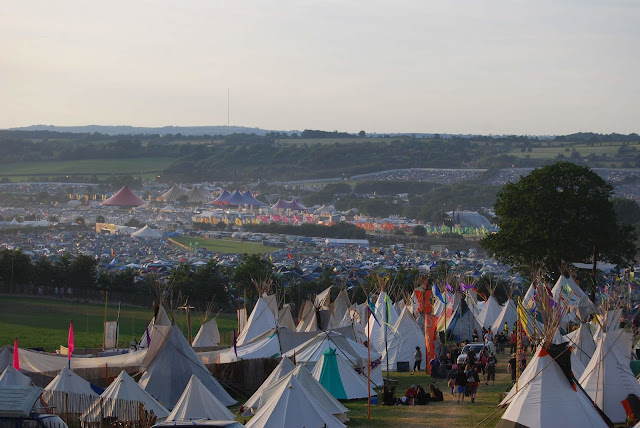I've previously talked about Glastonbury as a music festival which changes the landscape, and for a week or so is the largest 'settlement' in the South West. I saw the first trail for this year's Glastonbury Festival on BBC earlier, despite it being over a month away.
This Conversation piece looks at the impacts of festivals such as this.
It may be that you will be heading for a festival this summer. Latitude is the one local(ish) to me, and I've attended twice in the past. We also worked with Mission:Explore at both Latitude and Glastonbury.
An open access book is also out which explores the creation of festival landscapes, particularly in urban areas.
I am reliably informed that this book will be published tomorrow! https://t.co/AD5ooEik2X
— Andrew Smith (@andrewsmithwest) August 22, 2022
The book can be downloaded from here, as well as individual chapters.
This book explores how festivals and events affect urban places and public spaces, with a particular focus on their role in fostering inclusion. The ‘festivalisation’ of culture, politics and space in cities is often regarded as problematic, but this book examines the positive and negative ways that festivals affect cities by examining festive spaces as contested spaces.
The book focuses on Western European cities, a particularly interesting context given the social and cultural pressures associated with high levels of in-migration and concerns over the commercialisation and privatisation of public spaces.
Reference:
Smith, A., Osborn, G. and Quinn, B., 2022. Festivals and the City: The Contested Geographies of Urban Events. London: University of Westminster Press. DOI: https://doi.org/10.16997/book64
Image: Glastonbury Festival 2010 - Alan Parkinson, shared under CC license
Reference:
Smith, A., Osborn, G. and Quinn, B., 2022. Festivals and the City: The Contested Geographies of Urban Events. London: University of Westminster Press. DOI: https://doi.org/10.16997/book64
Image: Glastonbury Festival 2010 - Alan Parkinson, shared under CC license


Comments